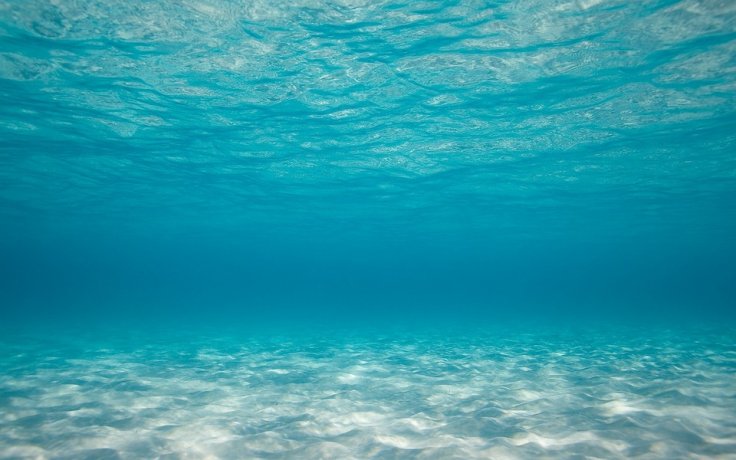
As per a study, nearly 200,000 new virus species are lurking in the depths of oceans. The astonishing new finding was made during a pole to pole expedition carried out to survey marine life.
The new finding is touted to be so significant, as prior to this, researchers had discovered only 15,000 species of virus in the ocean. Experts believe that the new finding could help humans to know more about the evolution of life on the planet and it will also reveal more details about the potential consequences of climate change.
Scientists made this conclusion after analyzing samples collected between 2009 and 2013 by a crew on board, Tara, a vessel that conducted exploration in oceans for many years.
"Viruses are these tiny things that you can't even see, but because they're present in such huge numbers, they really matter. We've developed a distribution map that is foundational for anyone who wants to study how viruses manipulate the ecosystem. There were many things that surprised us about our findings," said Matthew Sullivan, a microbiologist at the Ohio State University, Eurekalert.org reports.
After the discovery, researchers also split the viruses into five distinct ecological zones despite its complexity – all depths of the Arctic and the Antarctic and three distinct depths of the Temperate and Tropical regions.
Interestingly, the Arctic ocean where scientists did not expect biodiversity turned out to be the hotspot of life, and this intriguing finding indicate that oceans are a mysterious world which needs lots of exploration in the future.
"Having a new map of where these viruses are located can help us understand this ocean carbon 'pump' and, more broadly, biogeochemistry that impacts the planet. Previous ocean ecosystem models have commonly ignored microbes, and rarely included viruses, but we now know they are a vital component to include," added Sullivan.
This new findings were published in Journal Cell.
A few weeks ago, researchers from Hong Kong University of Science and Technology (HKUST) had discovered more than 7,000 new marine species from the Pacific, Atlantic and Indian oceans. Researchers revealed that this discovery may shed new light on the understanding of microbial biodiversity in the seas.









